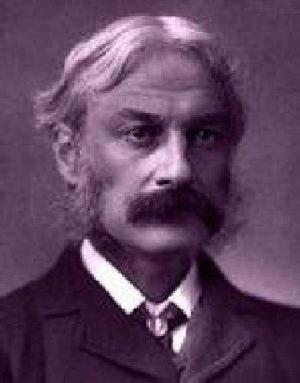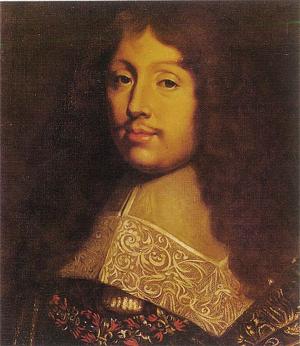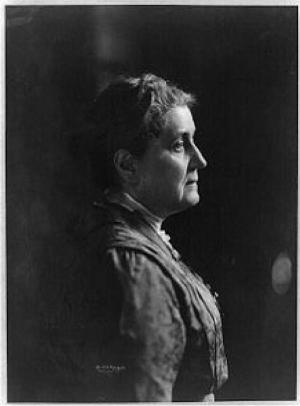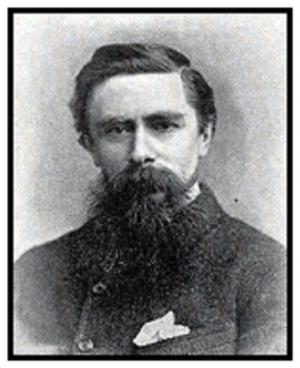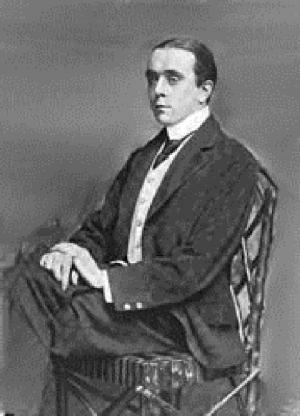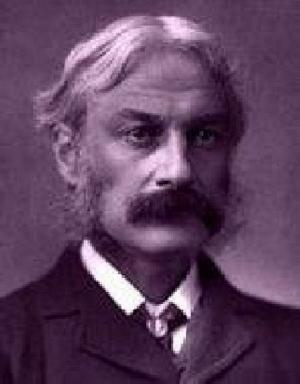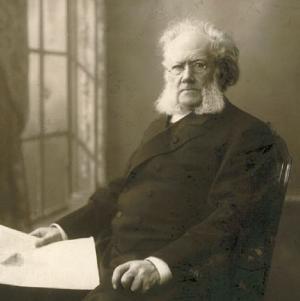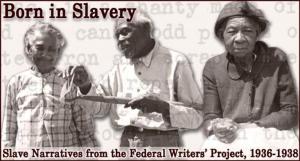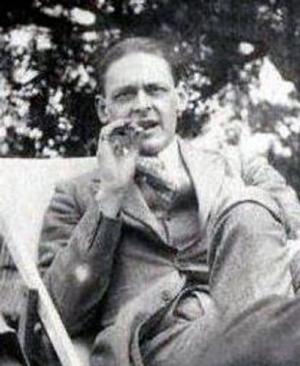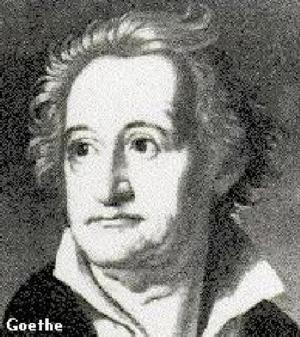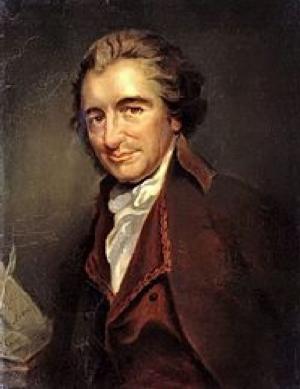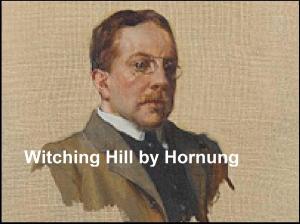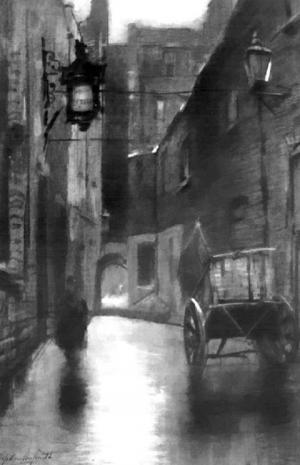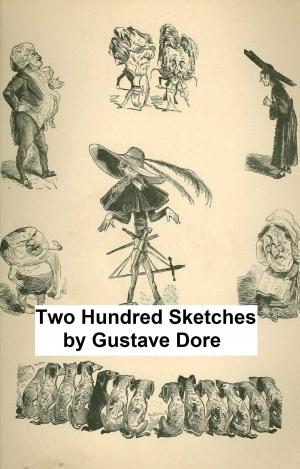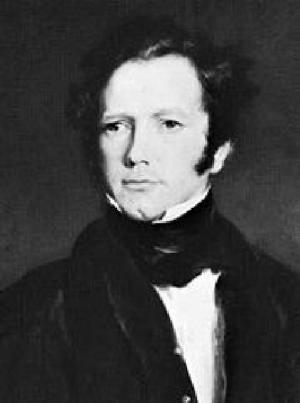| Author: | Kingston, W.H.G. | ISBN: | 9781455390717 |
| Publisher: | B&R Samizdat Express | Publication: | June 10, 2015 |
| Imprint: | Quench Editions | Language: | English |
| Author: | Kingston, W.H.G. |
| ISBN: | 9781455390717 |
| Publisher: | B&R Samizdat Express |
| Publication: | June 10, 2015 |
| Imprint: | Quench Editions |
| Language: | English |
The tale of the Three Midshipmen is carried on to the Three Lieutenants, the Three Commanders, and the Three Admirals. The book starts with the arrival of three new boys at a boarding school for young gentlemen. One boy is English, one is Scottish, and the third is Irish. Under the influence of various bullies and other schoolboy adversities the three lads learn to stick together, and to look after each other. They join the Navy, and get various postings by which from time to time they meet, usually under the most difficult circumstances. Of course they each survive bravely, though any of the boats' crews that they have the honour to command are mowed down by the enemy. In other words, some of it is pretty tall stuff, but it was very good fare for the nineteenth century and early twentieth century English schoolboy. According to Wikipedia: "William Henry Giles Kingston (28 February 1814 - 5 August 1880), writer of tales for boys, was born in London, but spent much of his youth in Oporto, where his father was a merchant. His first book, The Circassian Chief, appeared in 1844. His first book for boys, Peter the Whaler, was published in 1851, and had such success that he retired from business and devoted himself entirely to the production of this kind of literature, in which his popularity was deservedly great; and during 30 years he wrote upwards of 130 tales, including The Three Midshipmen (1862), The Three Lieutenants (1874), The Three Commanders (1875), The Three Admirals (1877), Digby Heathcote, etc. He also conducted various papers, including The Colonist, and Colonial Magazine and East India Review. He was also interested in emigration, volunteering, and various philanthropic schemes. For services in negotiating a commercial treaty with Portugal he received a Portuguese knighthood, and for his literary labours a Government pension."
The tale of the Three Midshipmen is carried on to the Three Lieutenants, the Three Commanders, and the Three Admirals. The book starts with the arrival of three new boys at a boarding school for young gentlemen. One boy is English, one is Scottish, and the third is Irish. Under the influence of various bullies and other schoolboy adversities the three lads learn to stick together, and to look after each other. They join the Navy, and get various postings by which from time to time they meet, usually under the most difficult circumstances. Of course they each survive bravely, though any of the boats' crews that they have the honour to command are mowed down by the enemy. In other words, some of it is pretty tall stuff, but it was very good fare for the nineteenth century and early twentieth century English schoolboy. According to Wikipedia: "William Henry Giles Kingston (28 February 1814 - 5 August 1880), writer of tales for boys, was born in London, but spent much of his youth in Oporto, where his father was a merchant. His first book, The Circassian Chief, appeared in 1844. His first book for boys, Peter the Whaler, was published in 1851, and had such success that he retired from business and devoted himself entirely to the production of this kind of literature, in which his popularity was deservedly great; and during 30 years he wrote upwards of 130 tales, including The Three Midshipmen (1862), The Three Lieutenants (1874), The Three Commanders (1875), The Three Admirals (1877), Digby Heathcote, etc. He also conducted various papers, including The Colonist, and Colonial Magazine and East India Review. He was also interested in emigration, volunteering, and various philanthropic schemes. For services in negotiating a commercial treaty with Portugal he received a Portuguese knighthood, and for his literary labours a Government pension."

